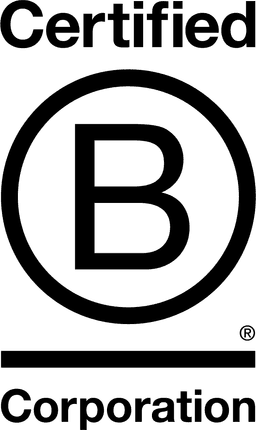

Prescient Healthcare Group

London Borough of Ealing, United Kingdom
May 2025
Management consultant - for-profits
Service with Minor Environmental Footprint
Germany,
India,
Spain,
United Kingdom,
United States
Prescient is a specialist, strategic partner to global biopharma companies. We provide expertise, derived from our extensive experience, across the drug life cycle – from the preclinical stage to loss of exclusivity and beyond. Being prescient is at the core of our strategic approach. We leverage our understanding of the past, as well as insights gathered about the dynamic present, to create game-changing perspectives that help shape the future. This is the power of prescience. Science, strategy and technology underpin our business, but it is driven by deep, collaborative relationships. As true partners, we are focused on helping clients unlock the full potential of their innovations and improve people's lives. Prescient has been a portfolio company of Bridgepoint Development Capital since 2021 and Baird Capital since 2017. For more information, please visit www.prescienthg.com.
Overall B Impact Score
Governance 19.8
Governance evaluates a company's overall mission, engagement around its social/environmental impact, ethics, and transparency. This section also evaluates the ability of a company to protect their mission and formally consider stakeholders in decision making through their corporate structure (e.g. benefit corporation) or corporate governing documents.
Workers 36.3
Workers evaluates a company’s contributions to its employees’ financial security, health & safety, wellness, career development, and engagement & satisfaction. In addition, this section recognizes business models designed to benefit workers, such as companies that are at least 40% owned by non-executive employees and those that have workforce development programs to support individuals with barriers to employment.
Community 11.3
Community evaluates a company’s engagement with and impact on the communities in which it operates, hires from, and sources from. Topics include diversity, equity & inclusion, economic impact, civic engagement, charitable giving, and supply chain management. In addition, this section recognizes business models that are designed to address specific community-oriented problems, such as poverty alleviation through fair trade sourcing or distribution via microenterprises, producer cooperative models, locally focused economic development, and formal charitable giving commitments.
Environment 6.3
Environment evaluates a company’s overall environmental management practices as well as its impact on the air, climate, water, land, and biodiversity. This includes the direct impact of a company’s operations and, when applicable its supply chain and distribution channels. This section also recognizes companies with environmentally innovative production processes and those that sell products or services that have a positive environmental impact. Some examples might include products and services that create renewable energy, reduce consumption or waste, conserve land or wildlife, provide less toxic alternatives to the market, or educate people about environmental problems.
Customers 7.0
Customers evaluates a company’s stewardship of its customers through the quality of its products and services, ethical marketing, data privacy and security, and feedback channels. In addition, this section recognizes products or services that are designed to address a particular social problem for or through its customers, such as health or educational products, arts & media products, serving underserved customers/clients, and services that improve the social impact of other businesses or organizations.